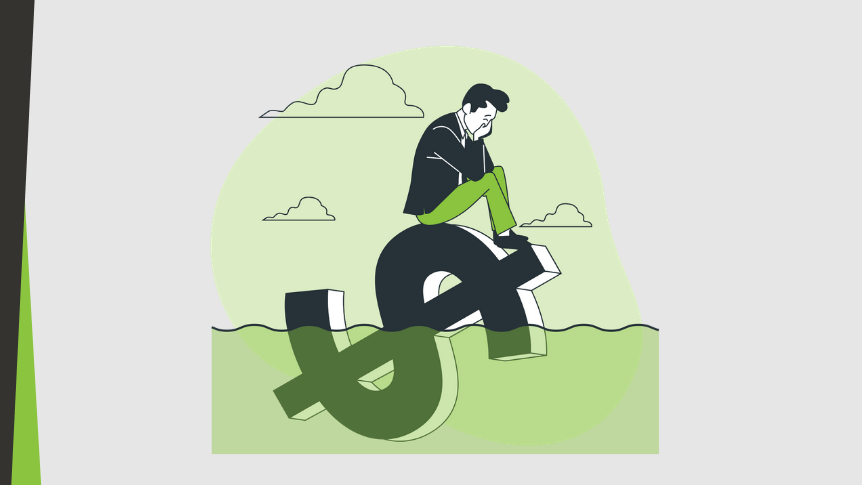Are You Getting a Tax Payable Due to Your Student HELP Debt?
Having a HELP Debt can cause unexpected impacts on your tax returns. The ATO has recently lowered the repayment threshold for all study and training loans. From the 2019/20 year compulsory payments begin if you repayment income is $45,881 or more.
From 1 July 2019, all study and training loans will be covered by one set of thresholds and rates. So if you have a VET Student loan, Student Financial Supplement Scheme, Student Start-up Loan, ABSTUDY Student Start-up Loan, or Trade Support Loan, and you earn over $45,881, you will generally have to make a compulsory repayment towards it in your 2019/20 tax return.
The rates for 2019/20 are as follows:
| 2019/20 Repayment threshold | Repayment % rate |
| Below $45,881 | Nil |
| $45,881 – $52,973 | 1.0% |
| $52,974 – $56,151 | 2.0% |
| $56,152 – $59,521 | 2.5% |
| $59,522 – $63,092 | 3.0% |
| $63,093 – $66,877 | 3.5% |
| $66,878 – $70,890 | 4.0% |
| $70,891 – $75,144 | 4.5% |
| $75,145 – $79,652 | 5.0% |
| $79,653 – $84,432 | 5.5% |
| $84,433 – $89,498 | 6.0% |
| $89,499 – $94,868 | 6.5% |
| $94,869 – $100,560 | 7.0% |
| $100,561 – $106,593 | 7.5% |
| $106,594 – $112,989 | 8.0% |
| $112,990 – $119,769 | 8.5% |
| $119,770 – $126,955 | 9.0% |
| $126,956 – $134,572 | 9.5% |
| $134,573 and above | 10.0% |
I am making repayments on my payslip, so why do I have to make a repayment on my tax return?
While you might have weekly or fortnightly amounts coming out of your pay, the compulsory repayment on your Hecs debt only occurs once you do your Tax Return. If the correct weekly/fornightly tax amounts set aside during the year, you should still get a refund.
I have notified my employer I have a Hecs debt but I am still getting a tax payable.
Your repayment income is different to your taxable income. It is calculated as:
- Your taxable income for an income year, PLUS
- Your total net investment losses, PLUS
- Any total reportable fringe benefit amounts shown on your PAYG payment summary, PLUS
- Reportable super contributions, PLUS
- any exempt foreign employment income from the current income year.
For example, if your payment summary at the end of the year has $39, 878 as your gross payment, $5,000 in reportable fringe benefits and $1,700 in reportable superannuation contributions. Your repayment income would be $39,878 + $5,000 + $1,700 = $46,578. So, your tax return will include a 1% compulsory repayment towards your Hecs debt.
Unfortunately, payroll systems aren’t sophisticated enough to calculate the amount needed to be withheld to cover any reportable fringe benefits and/or reportable superannuation payments.
You can notify your payroll team to withhold extra tax from your pay to cover any potential tax bill you may have at the end of the year.
Tips to Help Prevent Any Tax Issues.
- Inform your payroll team if you have a Study or training loan. This will help ensure they apply the correct amount of tax on your wages.
- Making a voluntary repayment does not make you exempt from the compulsory repayment that is calculated in your tax return.
- If you want to voluntarily pay off your Hecs debt, it is better to do so before lodging your tax return.
- If you move overseas to work temporarily or permanently, the ATO still expects you to make a compulsory Hecs repayment if you exceed the income thresholds.
- It’s a common misconception that you only start paying your Hecs debt once you graduate. In fact, you start paying it the moment your income goes over the threshold.


